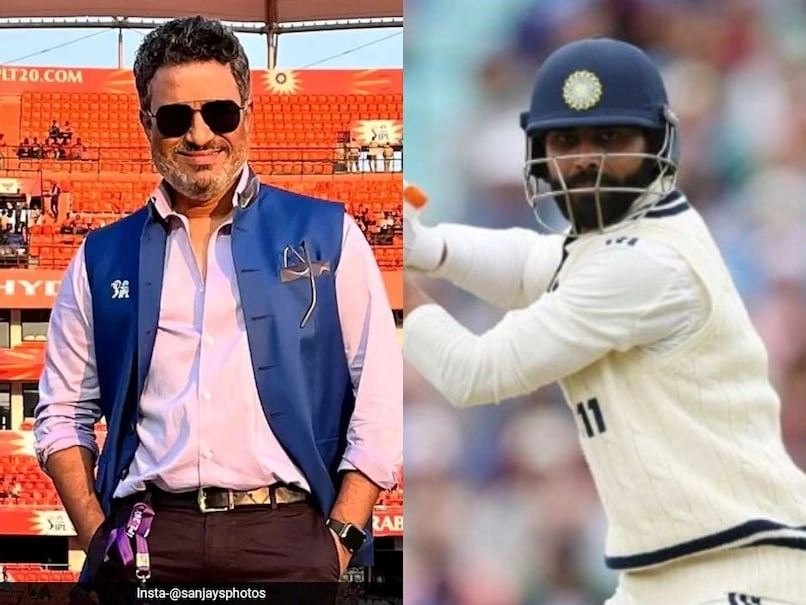Sanjay Manjrekar has recently revisited the controversy that erupted in 2019 over his comments about Ravindra Jadeja, specifically referring to him as a “bits and pieces” player. This phrase, often used in cricket to describe a player who possesses a mix of skills but lacks a particular strength, sparked significant outrage among fans and players alike. Jadeja, a key member of the Indian cricket team and known for his all-around abilities, took offense to Manjrekar’s characterization, leading to a public back-and-forth that highlighted the sensitive nature of commentary in sports. Manjrekar’s remarks not only drew criticism from Jadeja but also from cricket enthusiasts who felt that such labels could undermine a player’s contributions to the team.
In a recent interview, Manjrekar expressed regret over his choice of words, acknowledging that the term “bits and pieces” was perhaps too dismissive of Jadeja’s capabilities. He emphasized that Jadeja is a valuable asset to the Indian team, especially given his impressive performances in both batting and bowling. Manjrekar noted that the incident served as a learning experience for him, reminding him of the impact that commentators’ words can have on players and their reputations. He admitted that while commentary should be candid, it must also be respectful and reflective of a player’s true worth, particularly in a sport where emotions run high, and pride is at stake.
The exchange between Manjrekar and Jadeja has sparked discussions about the broader responsibilities of commentators in the cricketing world. As the game evolves, so too does the scrutiny placed on players and their performances, which means that analysts must tread carefully when making assessments. Manjrekar’s comments serve as a case study on how language can influence public perception and a player’s morale. The incident also underscores the importance of constructive criticism in sports commentary, as it can help promote a positive culture within teams and among fans, rather than fostering division or disrespect.
In conclusion, the 2019 “bits and pieces” controversy serves as a poignant reminder of the delicate balance between honest critique and respect for players in the realm of sports commentary. Manjrekar’s reflections on the incident reveal the potential for growth and understanding within the cricketing community, emphasizing that while players may be in the public eye, they deserve recognition for their hard work and dedication. As discussions continue around the role of commentators, it is crucial for them to consider their words carefully, ensuring that they contribute positively to the narrative of the sport and respect the athletes who bring it to life.




